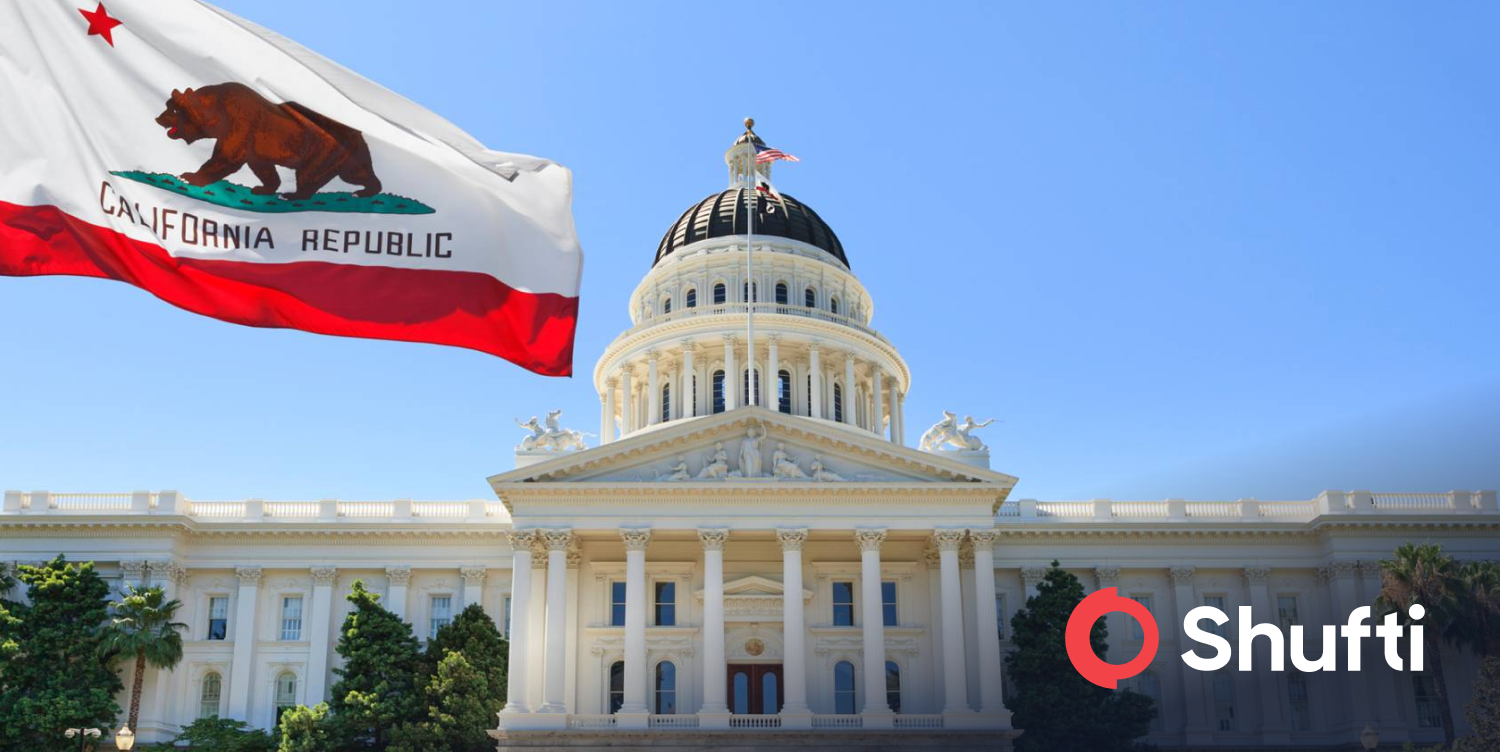California enacts law requiring age input on devices and app stores from 2027

On Tuesday (October 14), California Governor Gavin Newsom signed the Digital Age Assurance Act (AB 1043) to ensure the safety of minors online. This act obligates operating systems and app stores to require users to input their age or date of birth during the setup of new devices, being the most recent step in the US to strengthen online safety for minors.
The legislation, to be enacted on January 1, 2027, will require device operating system companies, like Apple and Google, to ensure that their users provide their ages upon initializing new phones, tablets, or computers. In the case of devices established prior to that date, firms will be required to implement a system that allows users to submit age information by July 1, 2027, as per the text of the legislation.
The violation of this law would result in civil penalties of $2500 fine per child for negligent violation and $7500 fine per child for intentional violation, making compliance an absolute necessity. The law also highlights that the companies that make a “good faith effort” to comply would be shielded from liability if they accidentally record or process incorrect age information from users.
“We’ve seen truly tragic examples of young people harmed by unregulated technology, and we won’t stand by while companies operate without accountability,” Governor Newsom said in a statement released by his office.
The bill was introduced by Democratic Assembly member Buffy Wicks and formed part of a broader package of child online safety legislation signed by Newsom.
California is the latest addition to a list of states in the USA that are implementing rules on age assurance in digital platforms. In 2023, Utah became the first state to implement an age verification law on the use of the app store, with Texas and Louisiana following.
These actions are supposed to provide parents and regulators with increased options to limit the online activity of their kids in the backdrop of growing worries regarding the psychological health of social media and open access to the internet among minors.
Tech giants (Google and Meta Platforms, the parent company of WhatsApp and Instagram, which are the largest social media platforms) supported the bill. According to Google, as its senior director of government affairs, Kareem Ghanem, said, the act was “one of the most thoughtful approaches we’ve seen” in keeping children safe on the internet.
As major tech giants supported the bill, Apple remained quiet and has not publicly endorsed the measure. The Motion Picture Association (MPA), representing major film and television studios, went against the bill and urged lawmakers to reject it, warning it could cause confusion in shared streaming accounts where parents and children use different profiles.
Unlike other laws on restricting minors from online harm, such as the United Kingdom’s Online Safety Act, which spurred public outrage over privacy concerns, California’s measures do not require users to upload identification documents or obtain parental consent for app downloads. Buffy Wicks, who introduced the bill, said she plans to refine the legislation next year to address industry concerns while maintaining child protection goals.

 Explore Now
Explore Now













